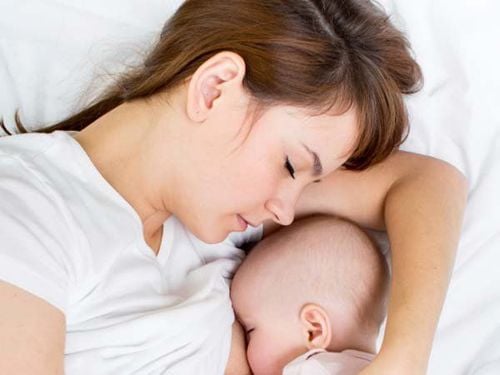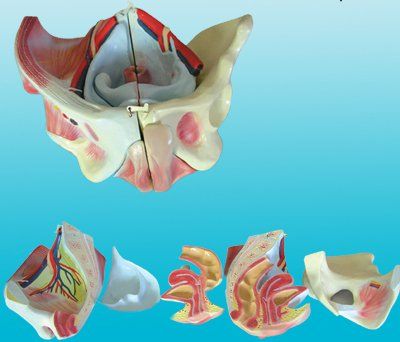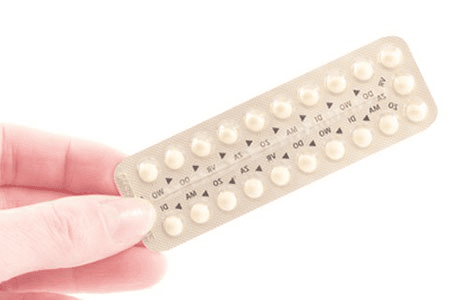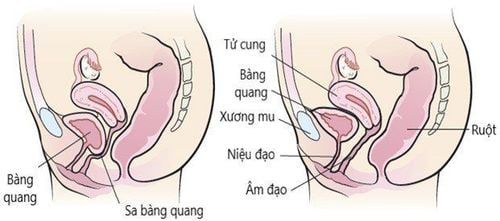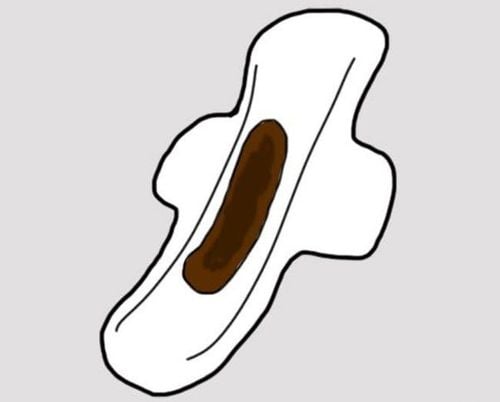This is an automatically translated article.
This article is consulted by a Doctor Urologist - Department of General Surgery & Anesthesia - Vinmec Hai Phong International General Hospital.
Bladder prolapse is a common disease in women after childbirth. Women with bladder prolapse have many difficulties in daily life, not only that, but also cause loss of aesthetics, make women self-deprecating and affect their relationship with husband and wife.
1. What is bladder prolapse?
The condition of a woman's bladder when it gets out of position and swoops down into the vagina is called prolapse. Anatomically, the bladder is located between the pubic bone (anterior) and the uterus (posterior) and above the vagina.
Bladder prolapse, also known as bladder hernia, occurs when the vaginal wall muscles weaken and are not able to hold the pelvic organs in place. In this case, the bladder protrudes or retracts into the vagina.
Tension in the muscles that support the pelvis can lead to bladder prolapse. It often occurs during childbirth, with chronic constipation, and a violent or heavy cough. Bladder prolapse also tends to cause problems after menopause when estrogen levels drop.
Mild or moderate prolapse can be effectively treated with non-surgical treatments. In more severe cases, patients need surgery to keep the vagina and other pelvic organs in place.

2. Causes of bladder prolapse
2.1. Pregnancy and childbirth are major causes of bladder prolapse During pregnancy and childbirth, the pelvic muscles and supporting tissues are often stretched. These are the muscles that hold the bladder in place, so if they are overstretched or weakened, the bladder will drop into the vagina.
Women who have been pregnant, especially women who have had multiple vaginal births, are at increased risk of prolapse. Even women who have had a caesarean section can experience this condition.
2.2 Menopause Women who have passed menopause are often at risk of bladder prolapse due to decreased levels of the female hormone estrogen. Estrogen's main job is to maintain the strength, firmness and elasticity of the vaginal muscles. Therefore, the drop in estrogen levels that accompanies the transition to menopause can make the muscle group thinner and less elastic, causing overall weakness.
2.3 Excessive straining or lifting heavy objects sometimes contributes to bladder prolapse. When you strain your pelvic floor muscles, you are at risk for bladder prolapse (especially if the vaginal wall muscles are weakened by menopause or give birth to). Here are some stretching activities that can cause bladder prolapse :
Very heavy lifting Chronic and heavy cough Constipation and straining when going to the toilet 2.4 Overweight obesity If you are overweight or obese, you are very prone to bladder prolapse. Excess weight puts extra pressure on the pelvic floor muscle groups.
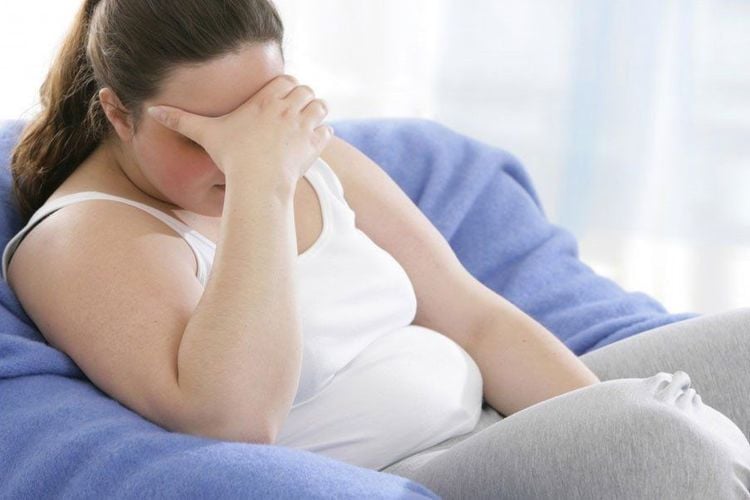
3. Identification signs
3.1 Feeling the presence of a lump in the vagina In some severe cases, you may feel your bladder descending into your vagina. When you sit down, you feel like you are sitting on a ball or an egg, this feeling disappears when you get up or lie down. This is the most recognizable sign of bladder prolapse, and you need to see a specialist or gynecologist as soon as possible.
3.2 Pelvic Pain or Discomfort If you experience pain, pressure or discomfort in your lower abdomen, pelvis or vagina, you need to see your doctor right away. Certain medical conditions, including bladder prolapse, can cause these symptoms.
If you have a prolapsed bladder, you will feel more pain, pressure, or discomfort when you cough, sneeze, exert yourself, or put pressure on the pelvic floor. Then you need to clearly describe to the doctor. You will feel as if something has fallen out of your vagina if you have a prolapsed bladder.
3.3 Urinary tract symptoms If you experience frequent urination when coughing, sneezing, laughing, or exerting yourself, you are experiencing stress urinary incontinence. Women who have just given birth are often at risk, and the main cause may be bladder prolapse. You need to see a doctor to solve this problem as soon as possible.
You should watch for any changes in urination, including difficulty initiating urination, inability to urinate (also known as urinary retention), urinary frequency.
Observe the frequency of bladder infections or urinary tract infections (UTIs). ‘Frequent’ was defined as having more than one UTI in a 6-month period. Women with prolapsed bladders are also more likely to have bladder infections, so it's important to pay close attention to the frequency of UTIs.
3.4 Painful intercourse Pain during intercourse and can have a number of causes related to bladder prolapse. If this happens, you need to see a general practitioner or gynecologist as soon as possible.
3.5 Back pain Some women with prolapse of the bladder often experience low back pain, pressure, or discomfort. Back pain is a common symptom of many medical conditions – or nothing serious at all. However, you still need to see a doctor if you have other symptoms.
4. Is bladder prolapse dangerous?
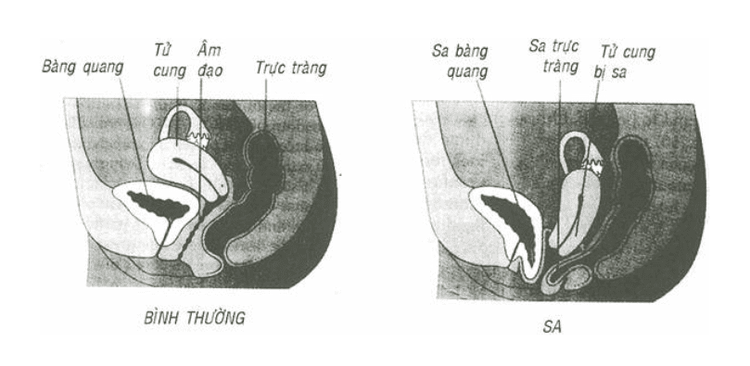
First of all, bladder prolapse will affect the patient's psychology. Women will often feel depressed, tired and guilty in each "love", if this situation persists, it can lead to frigidity and can disrupt your family's happiness.
More dangerous is when the bladder is stagnant water due to difficulty urinating, less prolonged urination will cause kidney function decline, making the kidneys work less than usual. If this condition is not detected and treated early, it will leave very dangerous complications, not only threatening the physiology, reducing the ability to conceive but also endangering the patient's life.
Enjoying a fulfilling sex life is a practical need of every woman. Sex brings many health benefits, helps to sublimate life, reduce stress, stay young... Above all, sex is also a strong bond that connects husband and wife at the age of U40, keeping the house warm and carrying full of happy atmosphere for the home. Therefore, women should not silently suffer leading to fear of being close to their husbands, making family happiness shaken, but actively seek medical facilities for early examination and treatment.
Please dial HOTLINE for more information or register for an appointment HERE. Download MyVinmec app to make appointments faster and to manage your bookings easily.





